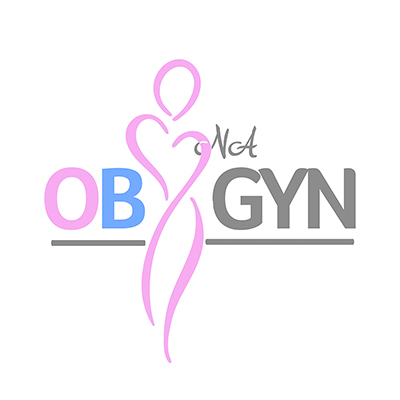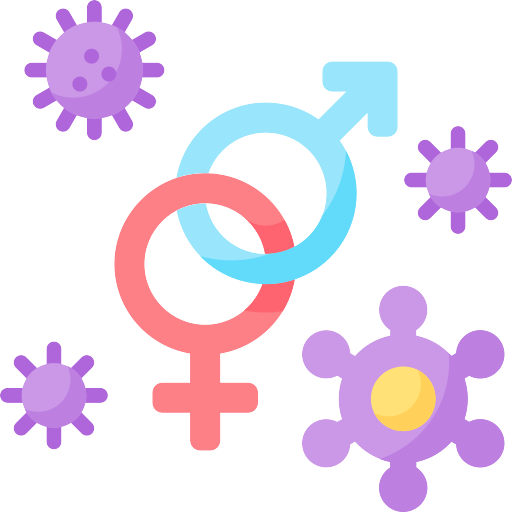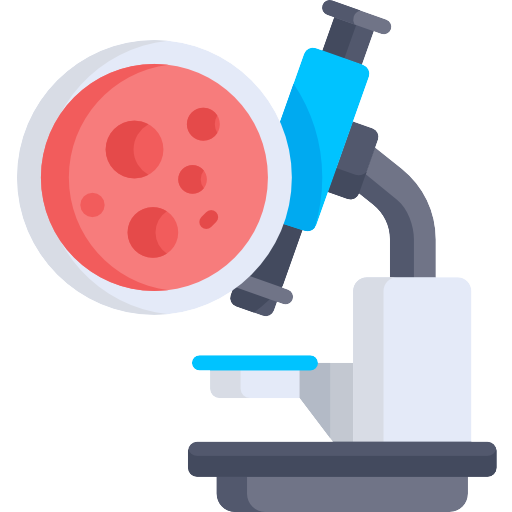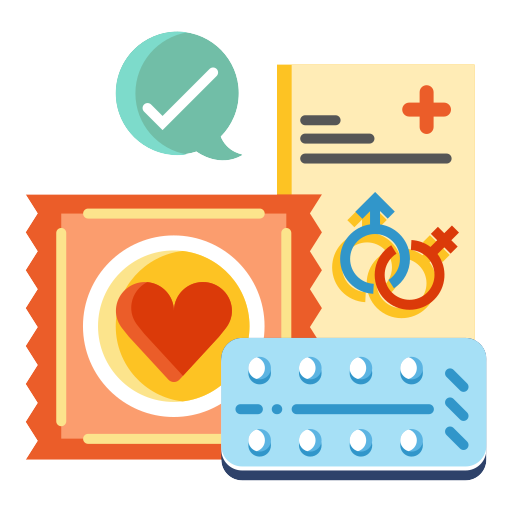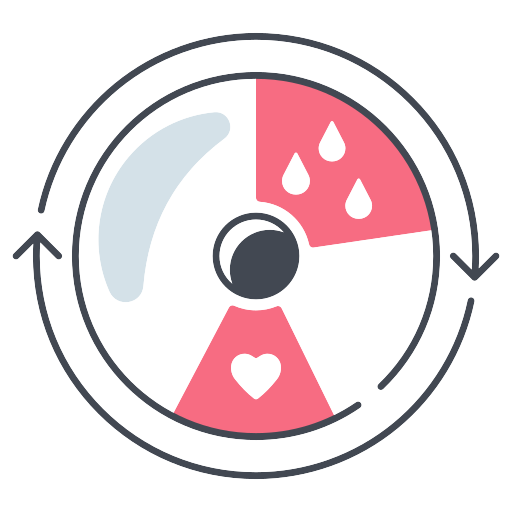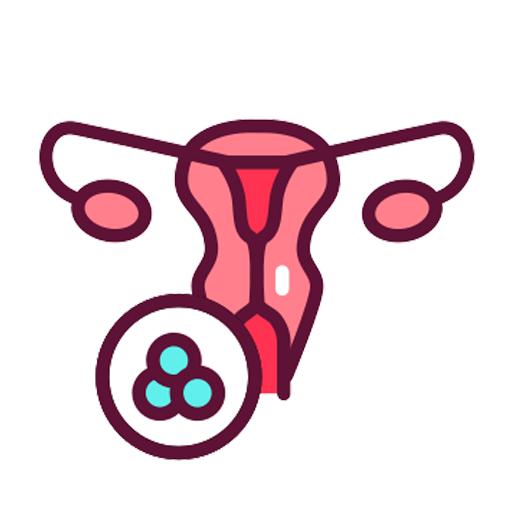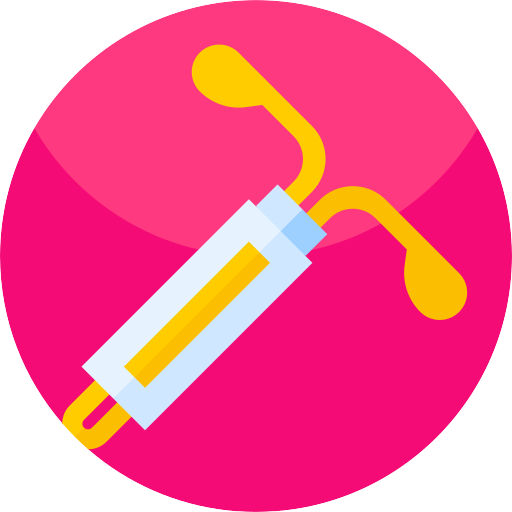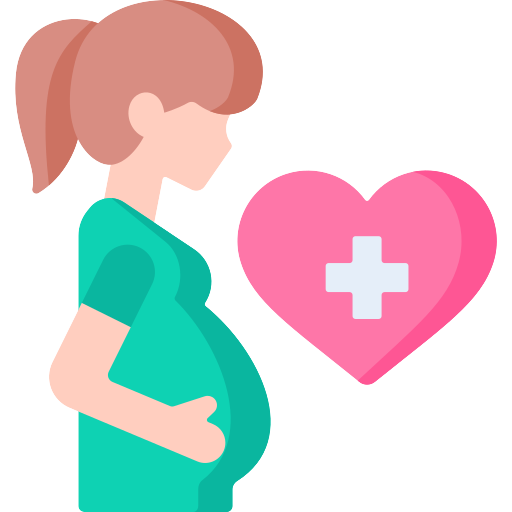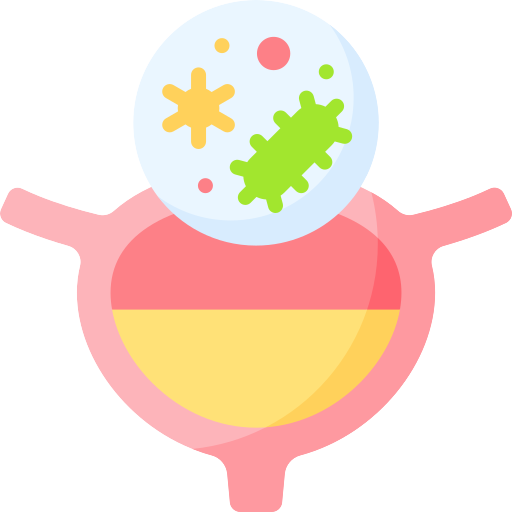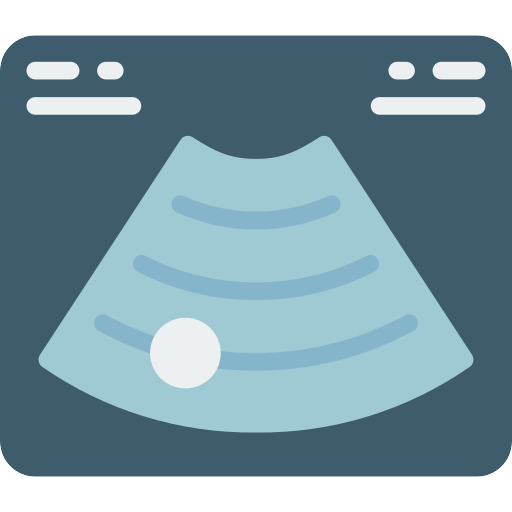STD Testing
Every year, doctors across the United States diagnose more than 20 million new STD cases. If you’re concerned about STDs or haven’t been tested for a while, contact NA OB/GYN, in New Albany and Holly Springs, Mississippi. The expert team offers quick and discreet STD testing services to help you get the treatment you need and provide peace of mind. Call or schedule an appointment online today.
C-Section Q & A
What are STDs?
STDs are infections and diseases that are spread through sexual contact. Some common STDs include:
- Herpes
- Human papillomavirus (HPV)
- Chlamydia
- Gonorrhea
- Syphilis
- Trichomoniasis
- HIV and AIDS
Many STDs don’t cause symptoms in their early stages, and having an STD test is the only way to diagnose the disease and get treatment before it interferes with your health or fertility.
How often should I have STD testing?
Having an STD test is one of the best ways that you can protect your health. However, the frequency of your tests depends on your sexual history and current activity.
For example, the Centers for Disease Control and Prevention (CDC) recommends that sexually active women under the age of 25 should be tested for gonorrhea and chlamydia annually. After the age of 25, women who have new or multiple partners should continue to get annual testing. They also recommend that all pregnant women get screened for STDs early in their pregnancy.
Talk to your doctor about your sexual activity for customized advice on when to have an STD test.
What happens during STD testing?
NA OB/GYN offers a comprehensive range of STD tests. Tests involve blood, urine, and cell samples. For example, your doctor may need to take a vaginal or cervical swab to collect cells to test for HPV. Your doctor may also perform a pelvic exam to look for signs of STDs such as warts or lesions.
What should I do if my results are positive?
If your STD test results are positive, your doctor will take action to treat your infection. Many STDs are treated with antibiotics. However, some STDs, such as herpes and HIV, don’t have a cure. Your doctor will provide advice on how to protect your health and reduce the symptoms from these infections.
How can I reduce my risk of getting an STD?
You should always practice safe sex, especially with new partners or if you’re in a non-monogamous relationship. Condoms and dental dams are the only devices that prevent the spread of STDs, so make sure you use one until both you and your partner have been tested and have a clean bill of health.
If you’re concerned about STDs, call NA OB/GYN or schedule an appointment online today.
